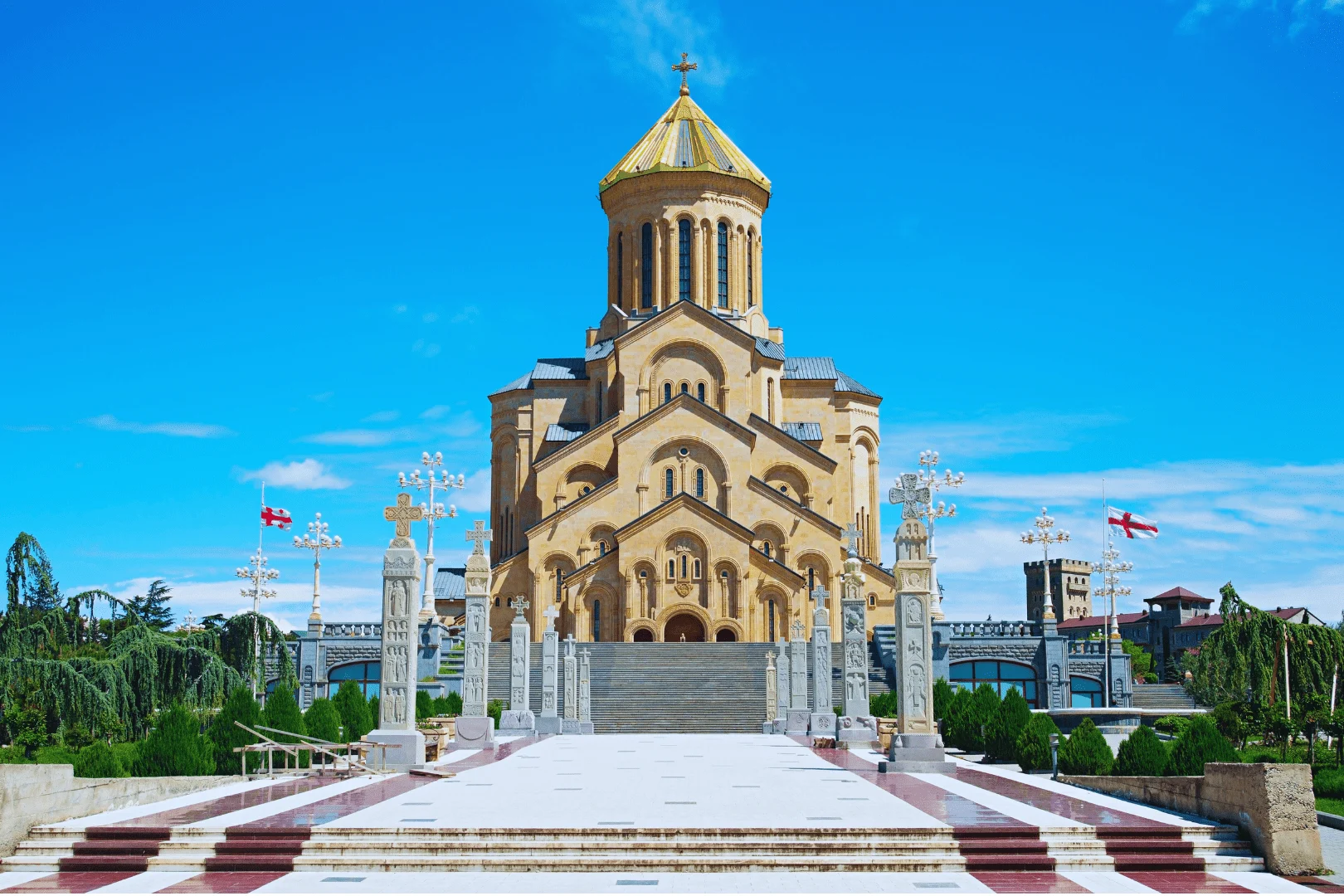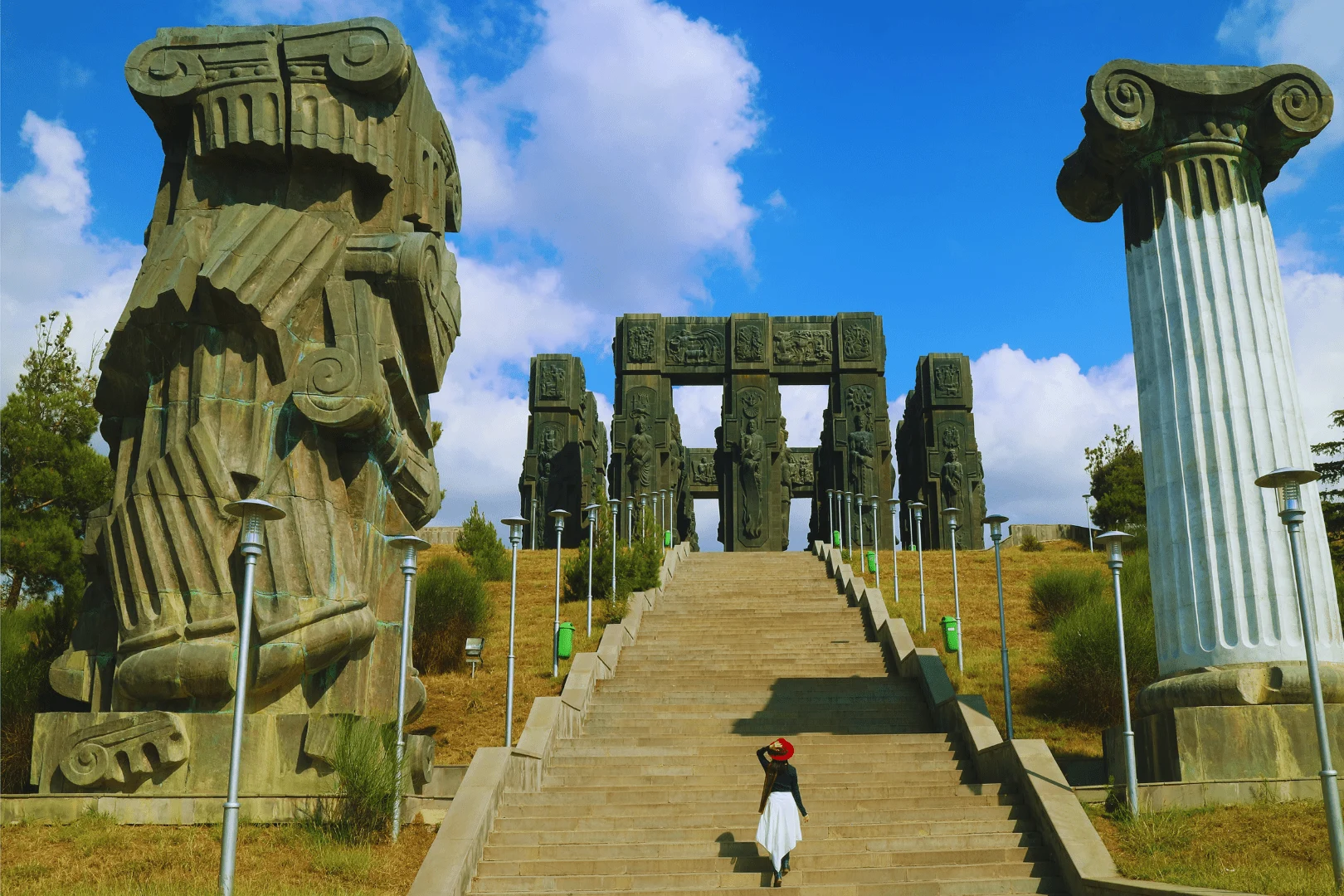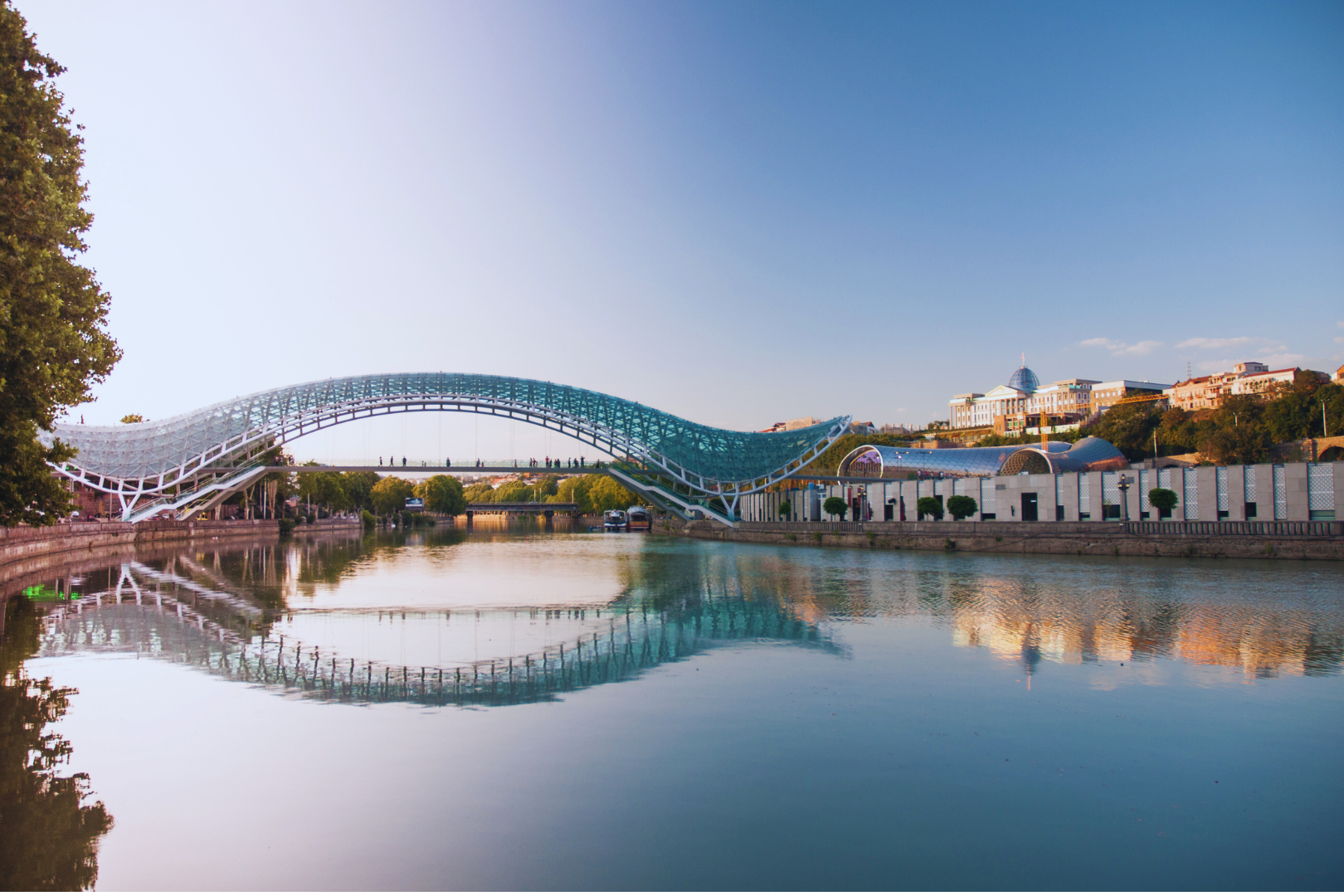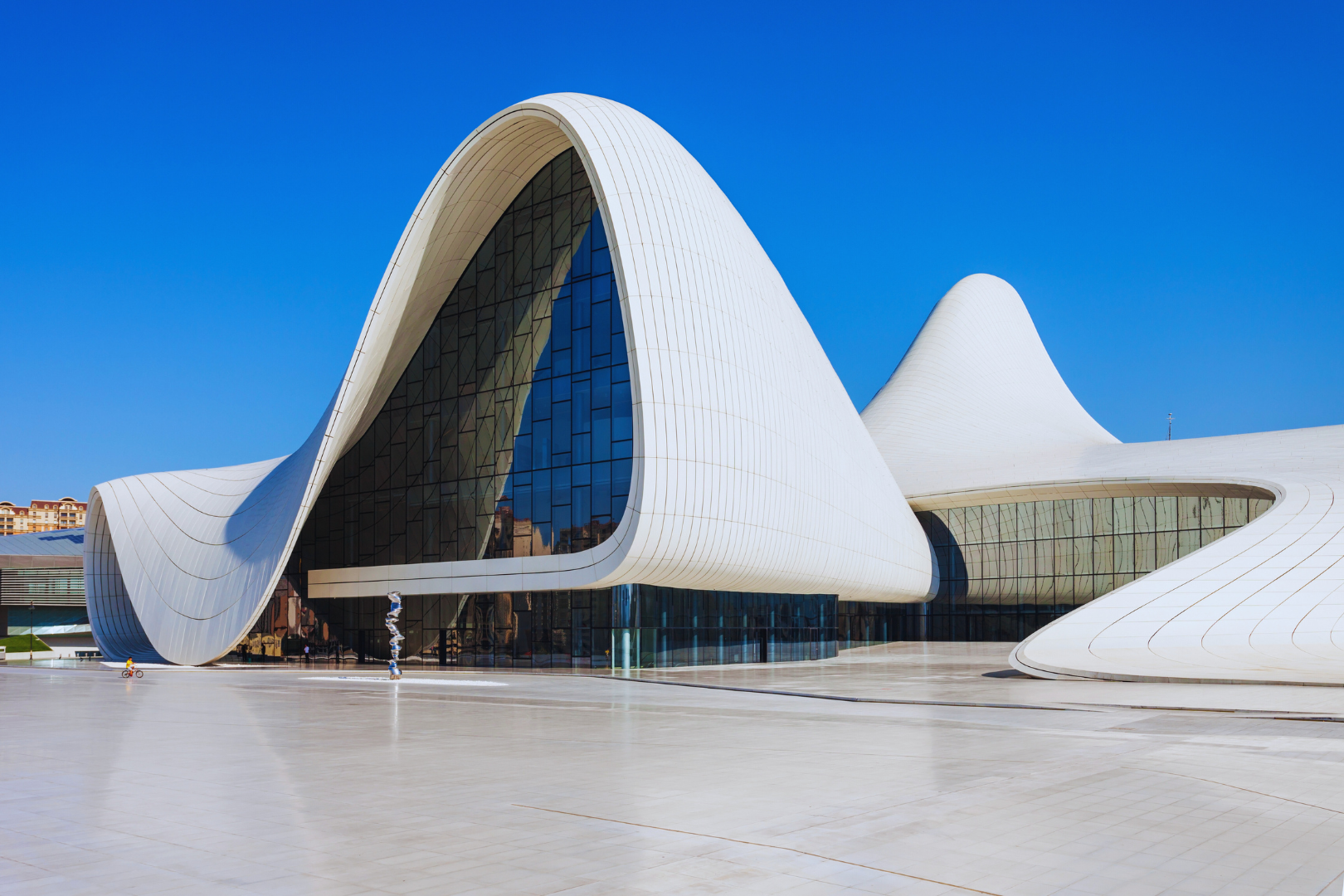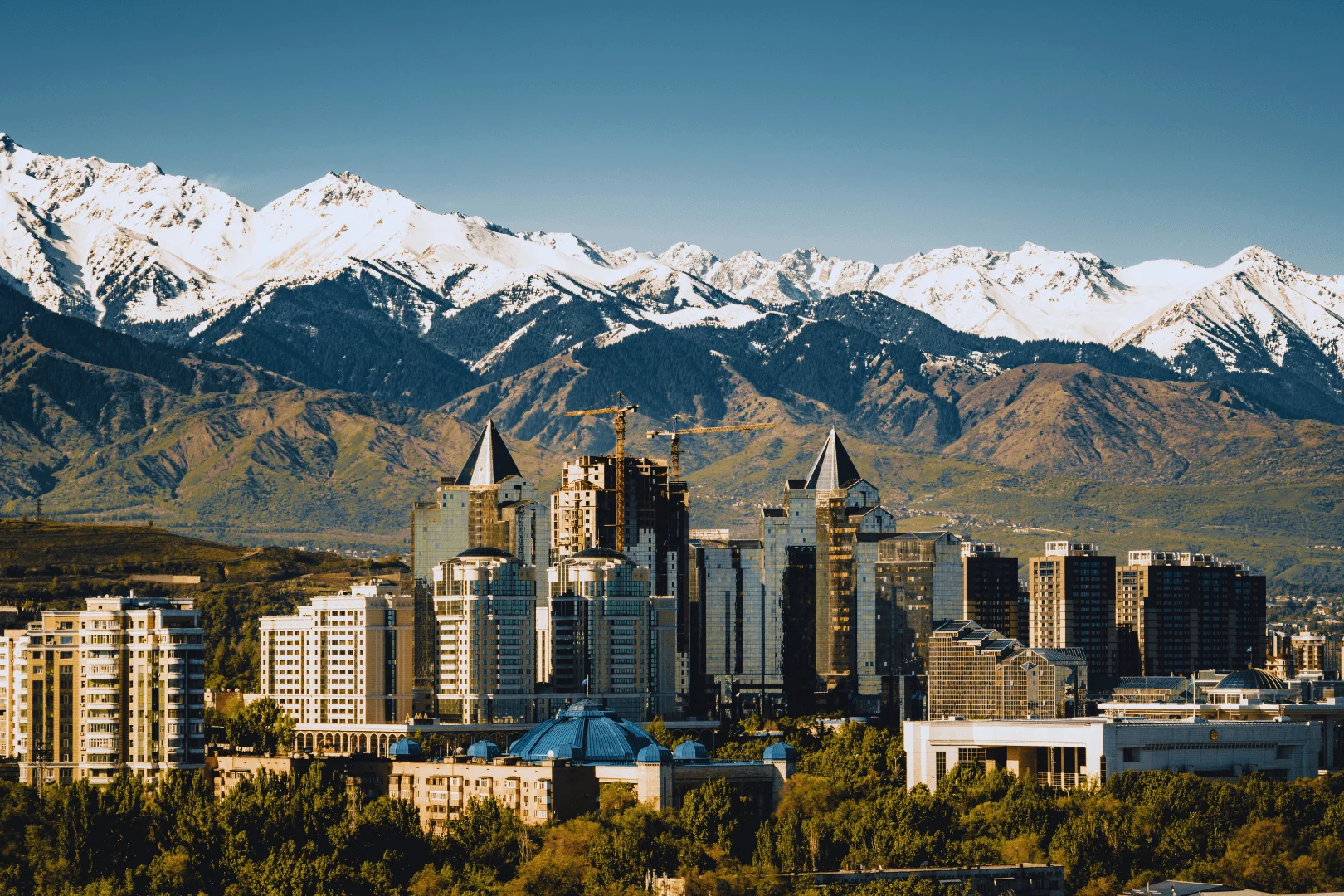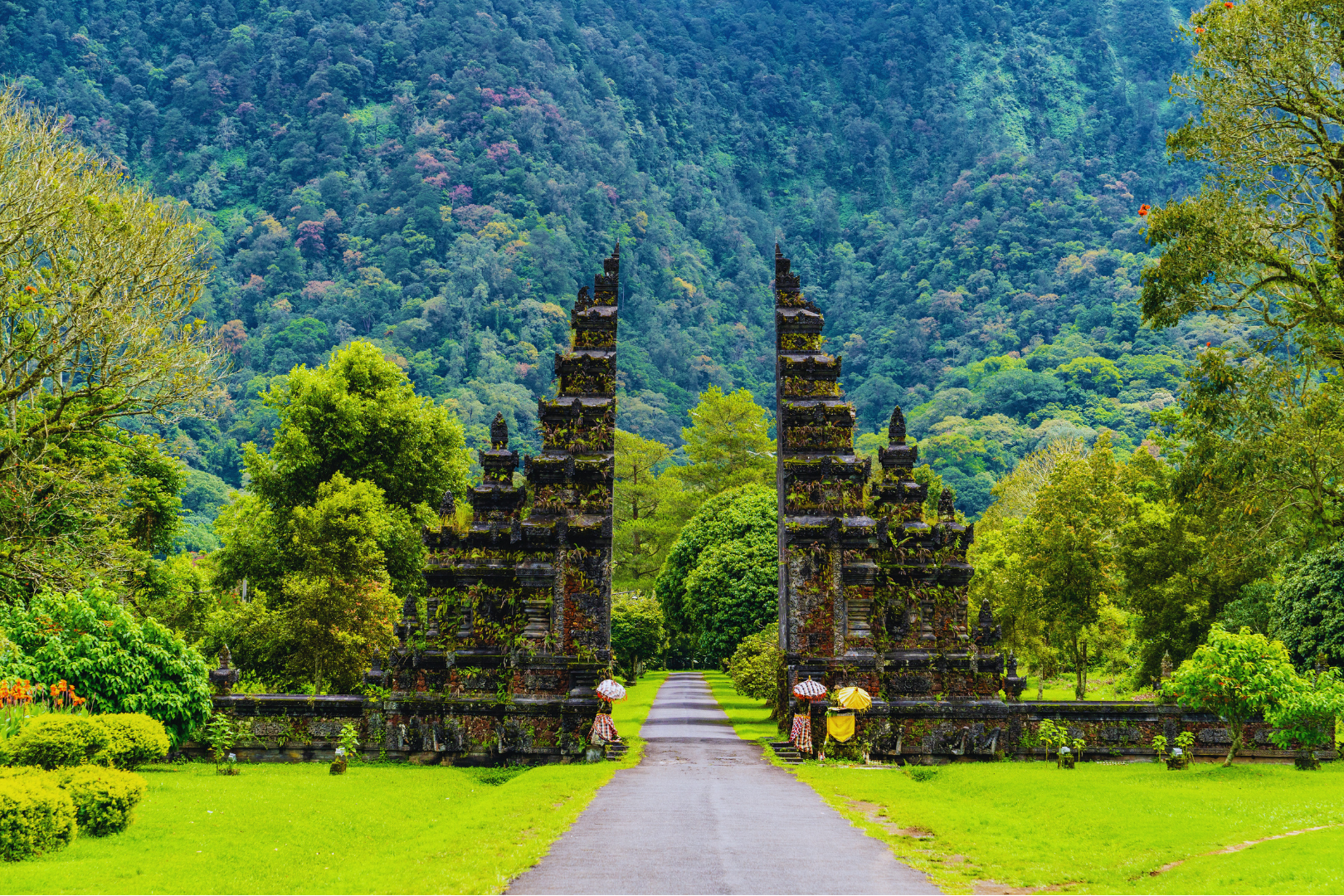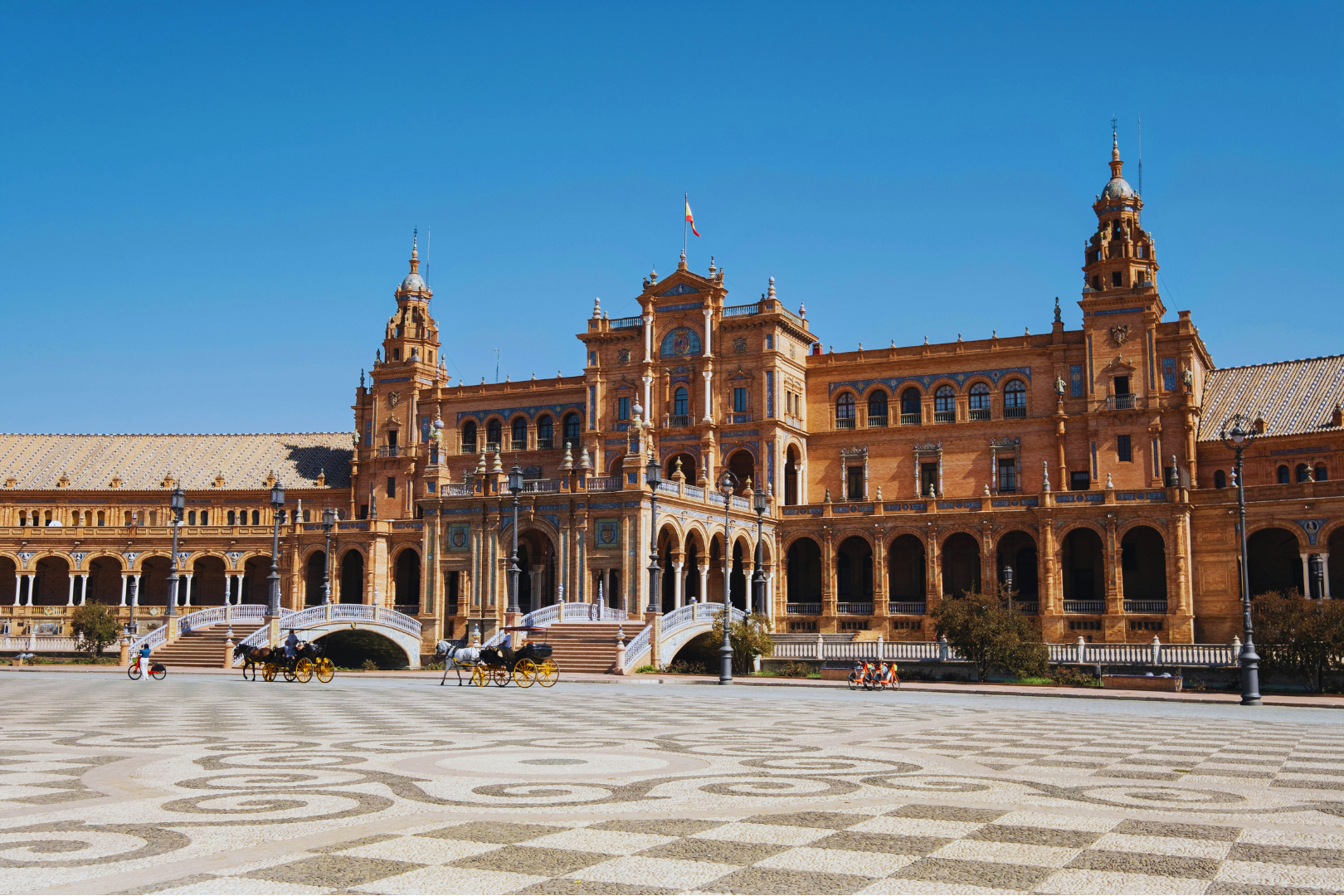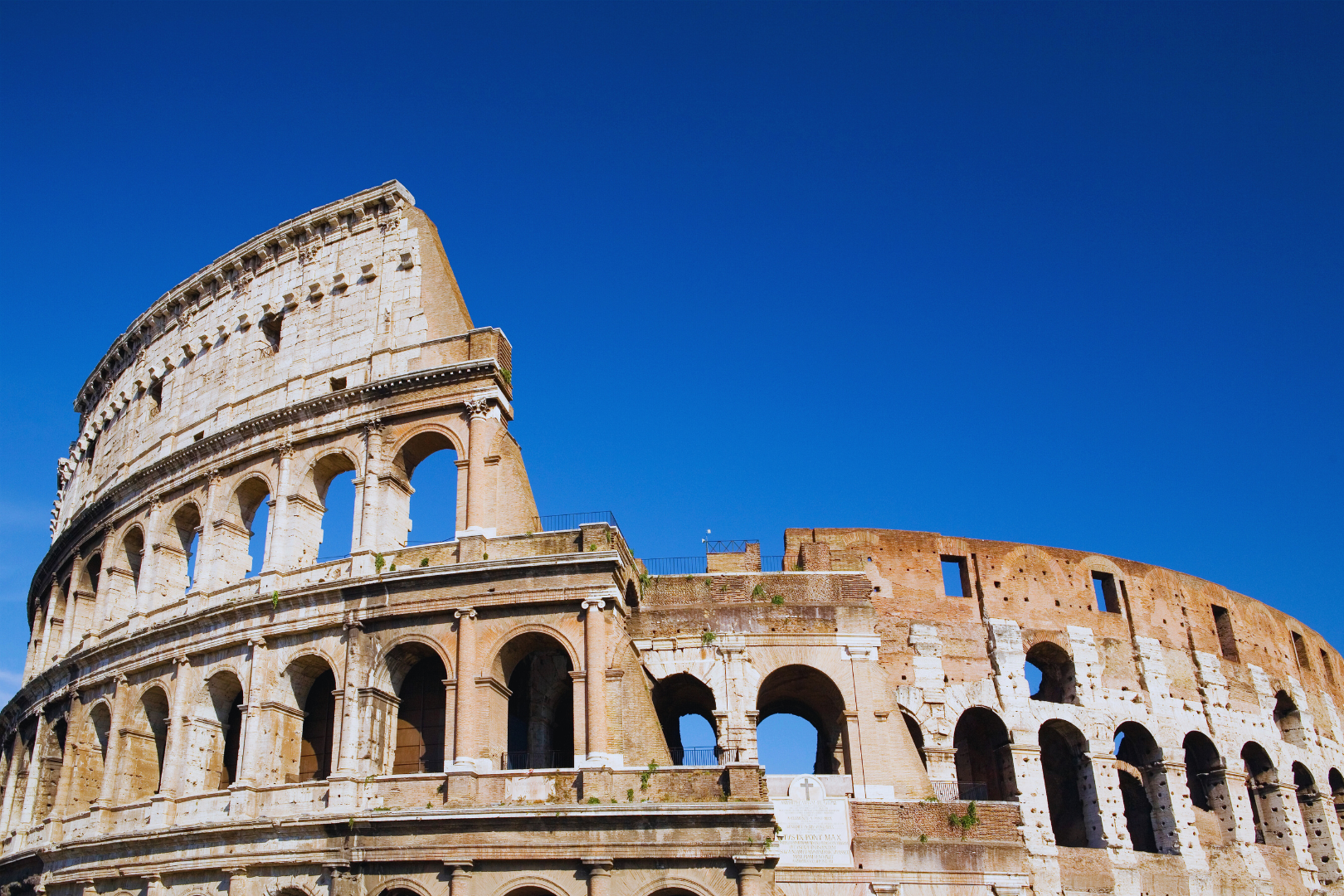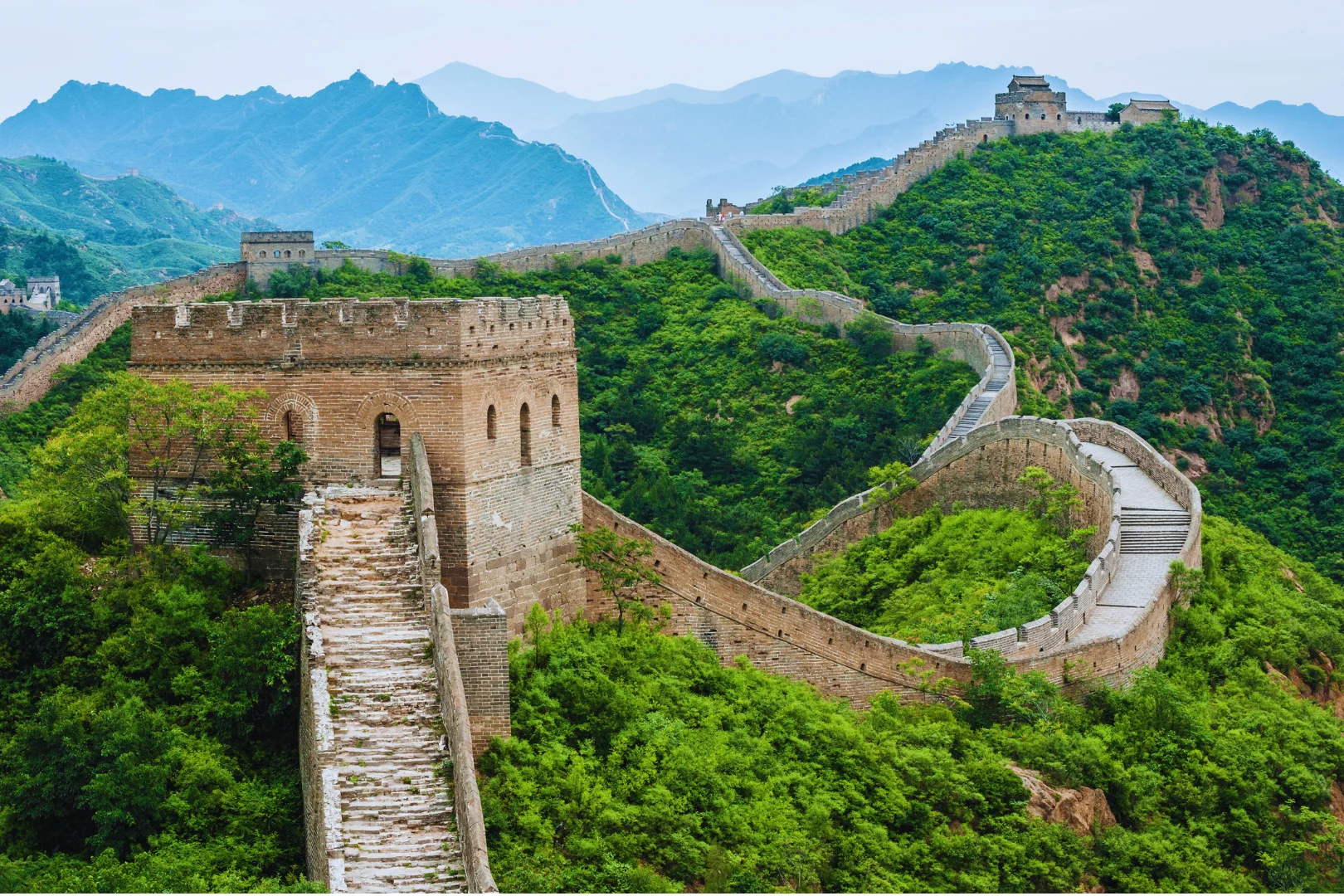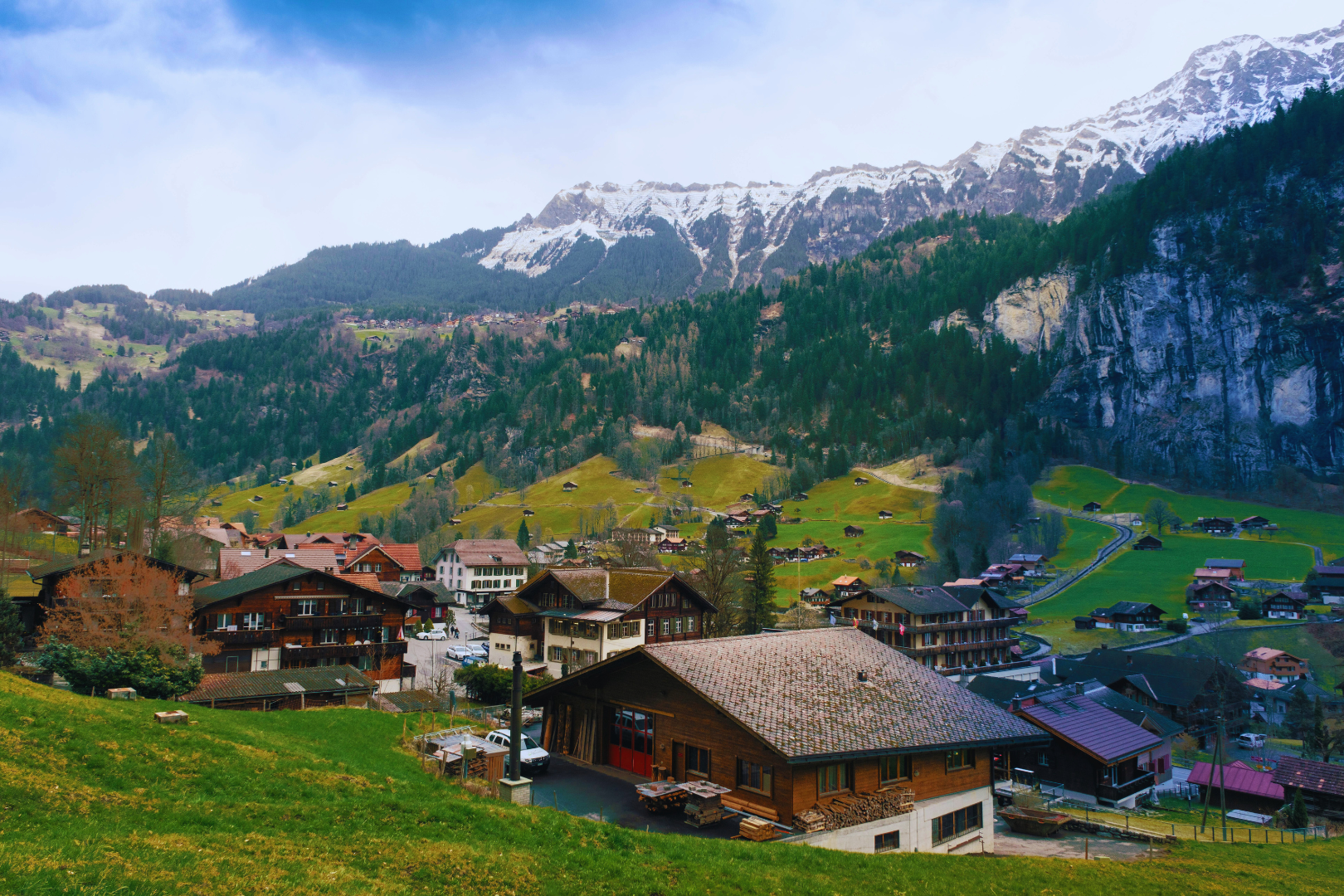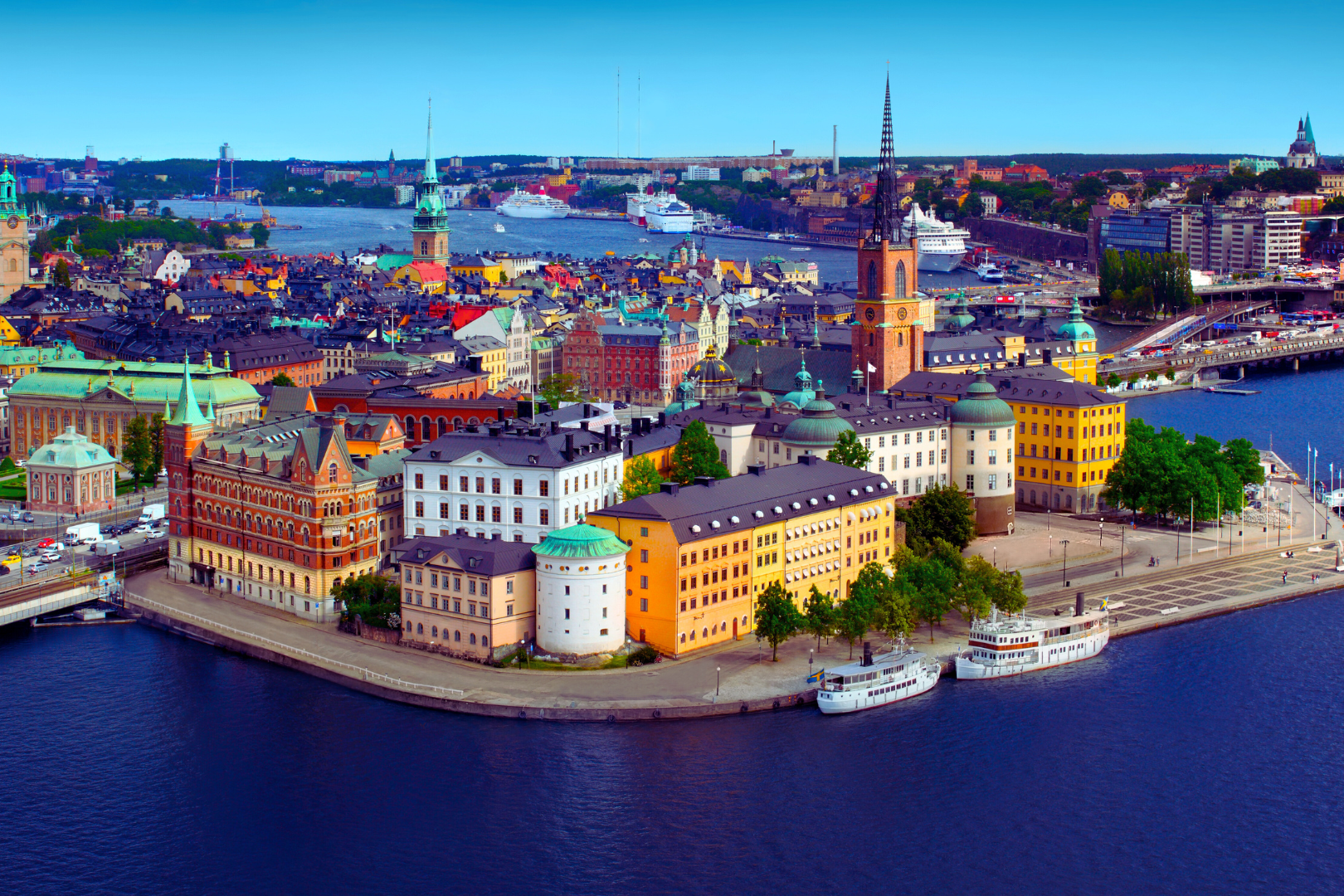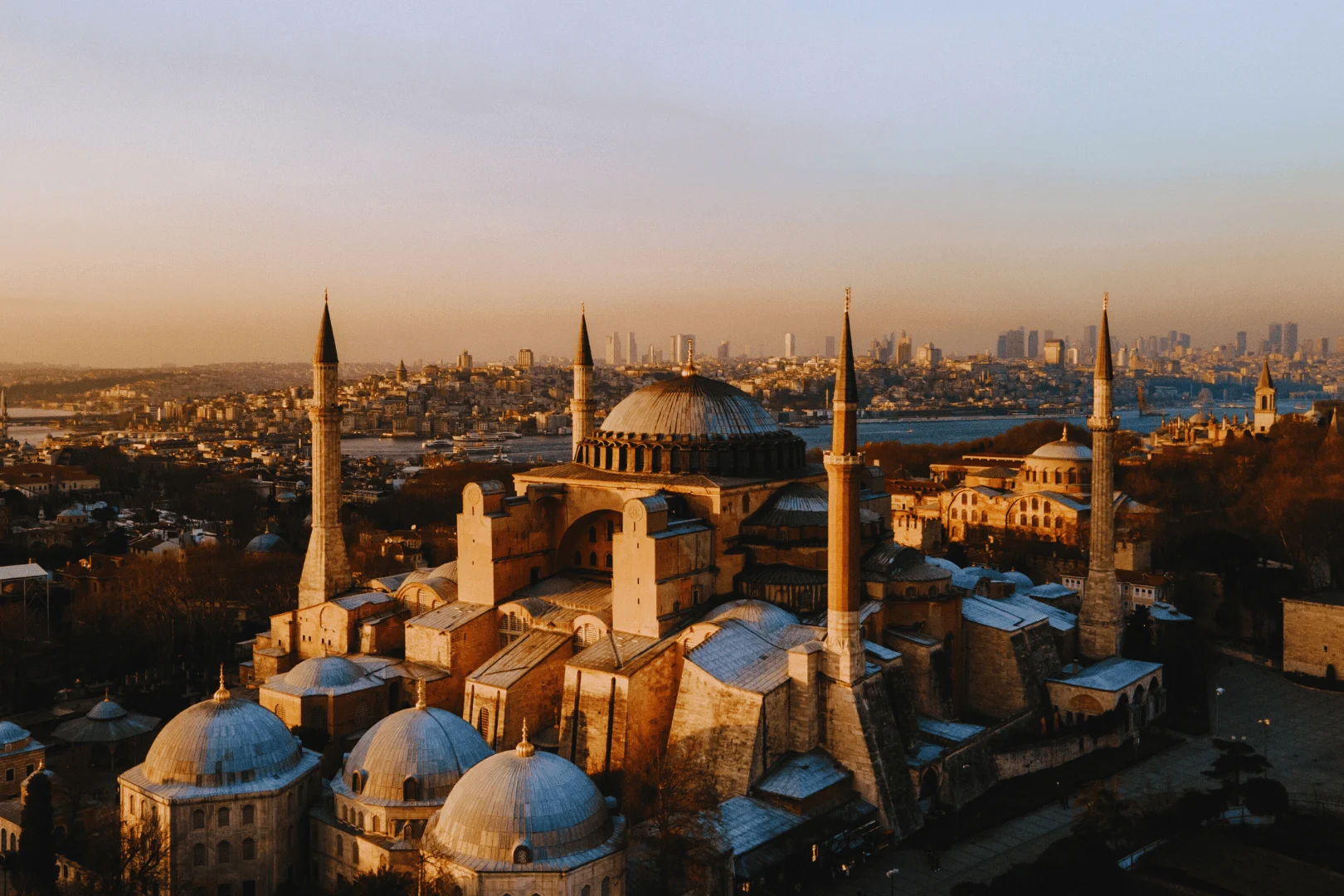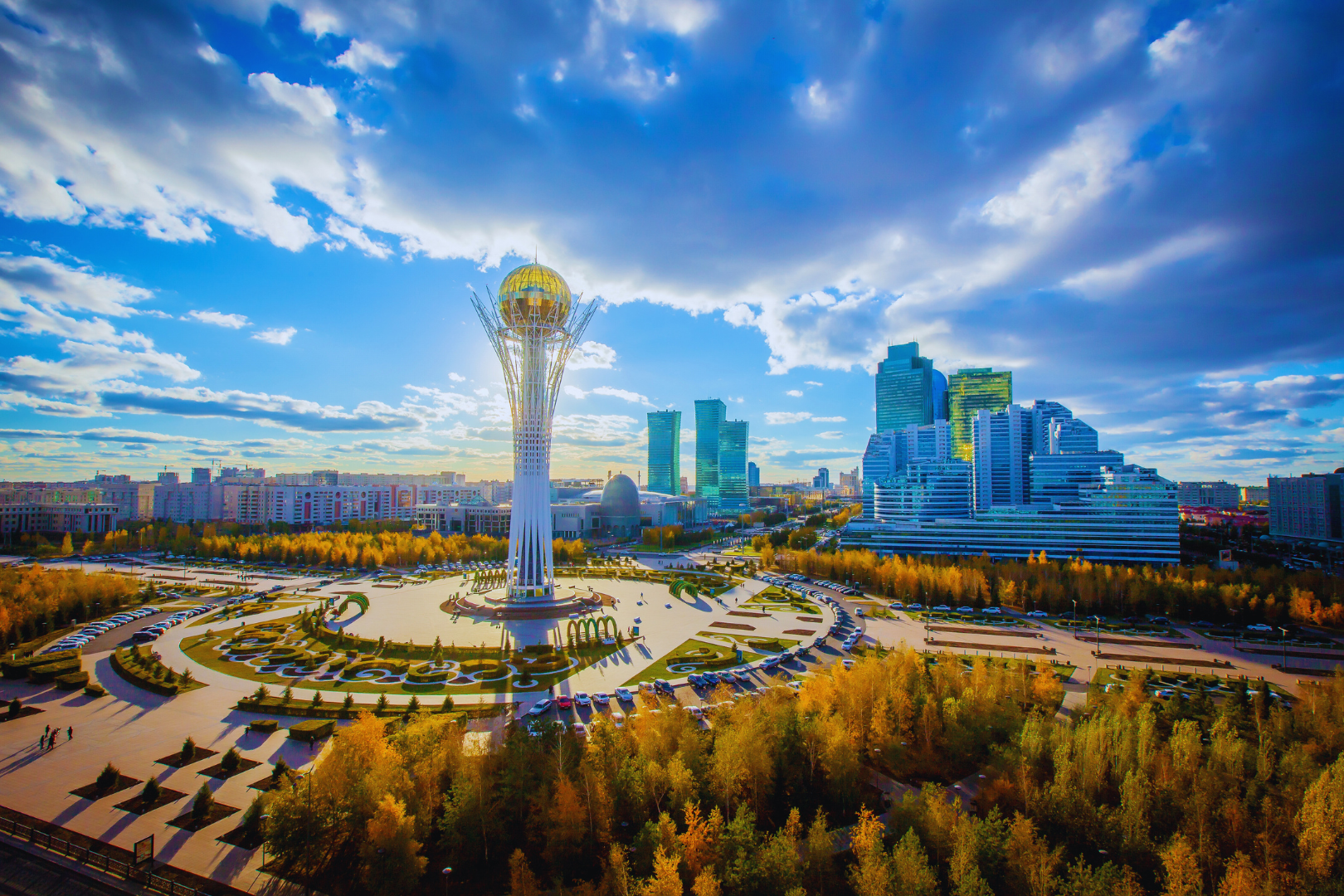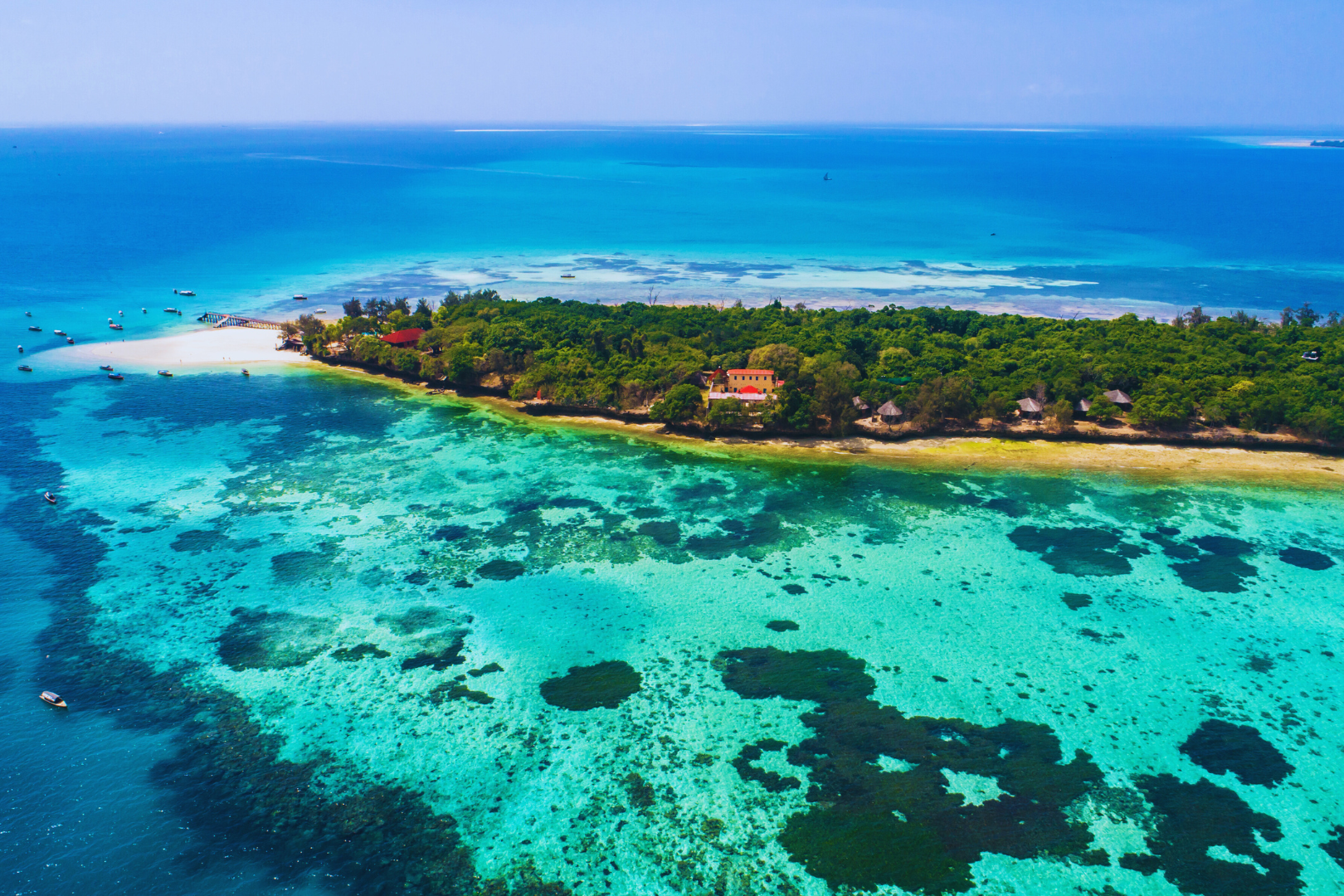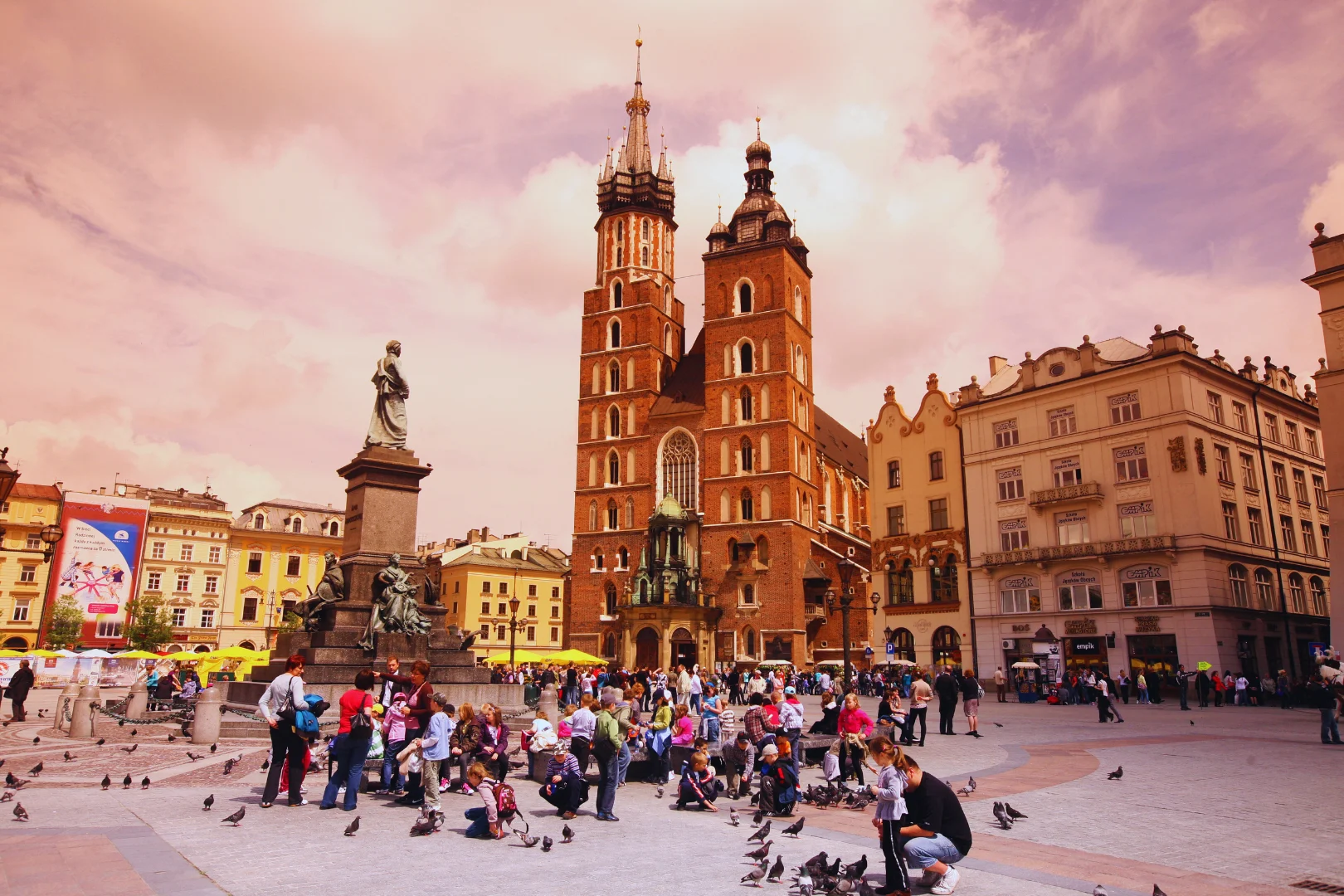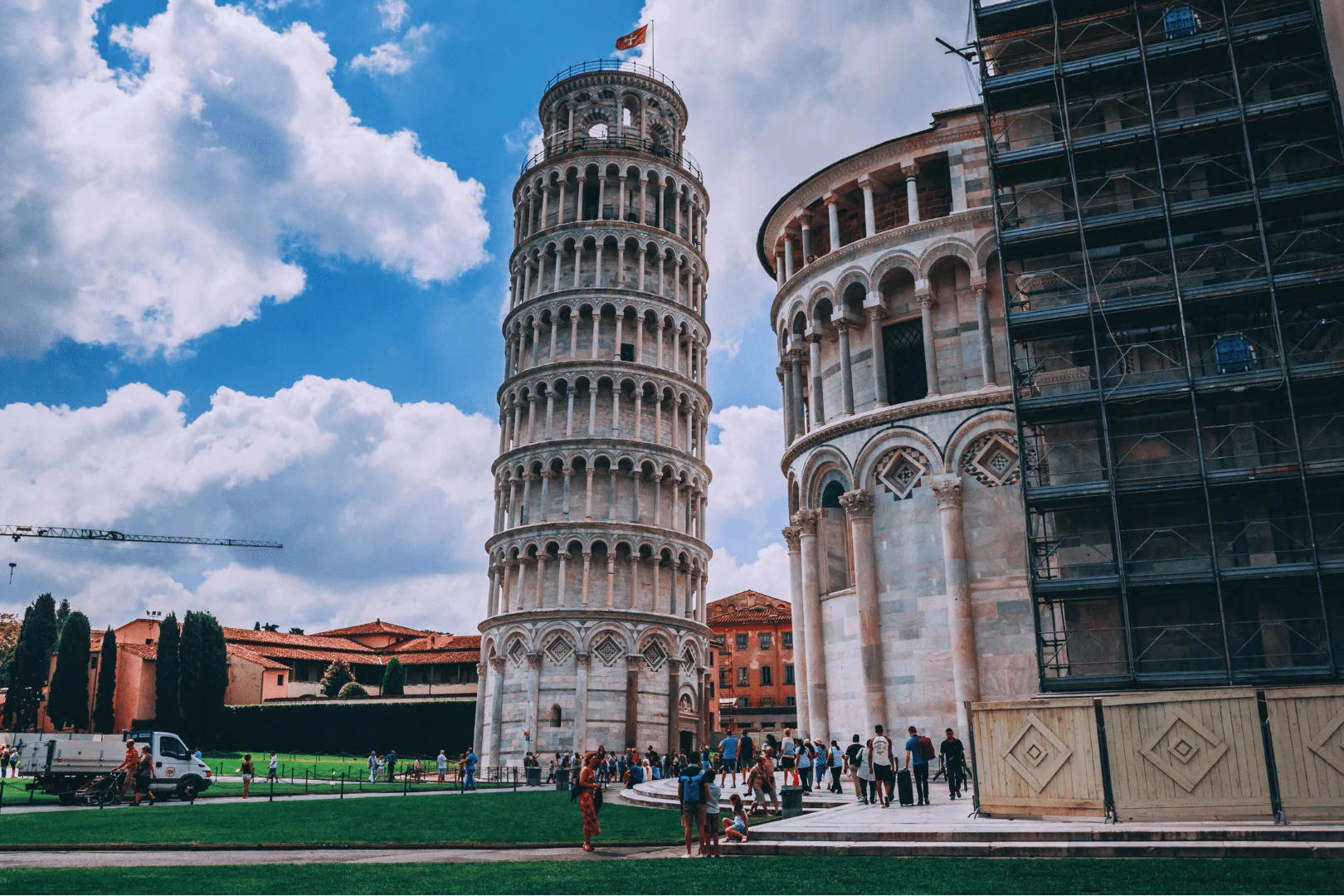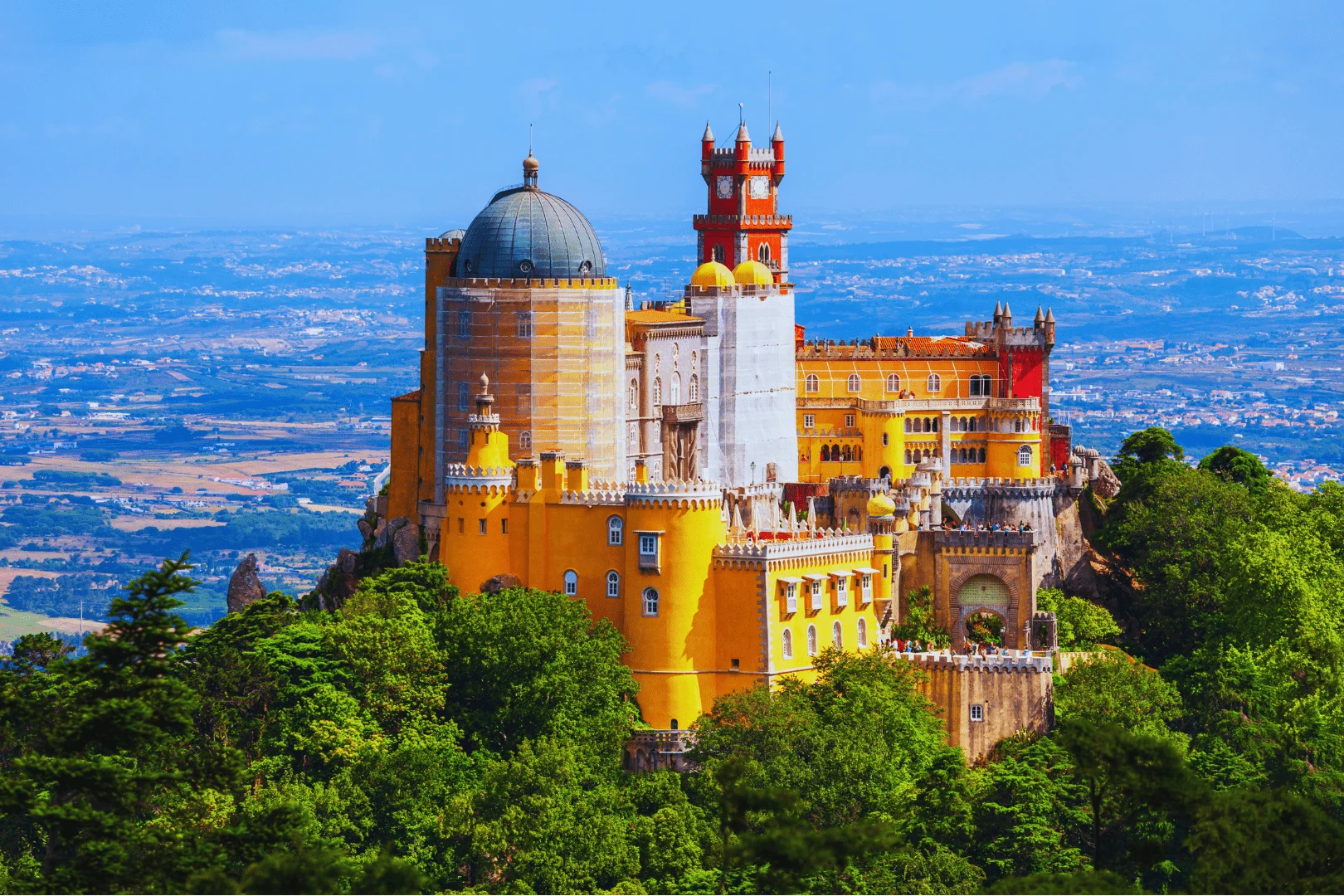Welcome to Tbilisi: Where Old World Charm Meets Modern Soul
Tbilisi, the heart of Georgia, is a city of striking contrasts — winding cobblestone streets sit beside trendy cafes, and centuries-old churches stand tall next to bold contemporary architecture. With the Caucasus Mountains in the backdrop, Tbilisi welcomes travelers with warm hospitality, flavorful cuisine, and a deep cultural heritage shaped by influences from Europe and Asia.
Stroll through colorful neighborhoods like Old Tbilisi, relax in historic sulfur baths, or take a cable car to Narikala Fortress for panoramic views of the city. Whether you’re a history buff, foodie, or adventurer, Tbilisi offers something unique at every turn.
Key Highlights:
- Cultural Diversity – Influenced by Persian, Russian, Byzantine, and European cultures — reflected in its food, music, and architecture.
- Old Town Charm – Narrow lanes, wooden balconies, street art, and cozy wine bars create an unforgettable ambiance.
- Healing Baths – Natural sulfur baths in Abanotubani are famous for their relaxing and skin-soothing properties.
Top Tourist Attractions
Narikala Fortress – 4th-century citadel offering panoramic views of the city and Kura River.
Old Tbilisi – A picturesque district with colorful houses, cafes, churches, and vintage charm.
Sulfur Baths (Abanotubani) – Natural hot spring baths, popular for centuries for their therapeutic benefits.
Bridge of Peace – A striking glass and steel footbridge connecting old and new parts of the city.
Holy Trinity Cathedral (Sameba) – One of the largest Orthodox cathedrals in the world.
Mtatsminda Park – A hilltop amusement park with a funicular and stunning views of Tbilisi.
Rustaveli Avenue – Main street filled with museums, theaters, shops, and cafes.
Dry Bridge Market – A unique flea market offering antiques, art, and Soviet memorabilia.
Travel Tips for Tbilisi
Transport: Use Bolt or Yandex Go for taxis. Metro and buses are cheap and efficient.
Tipping: Not mandatory, but rounding up or 10% in restaurants is appreciated.
Connectivity: Free Wi-Fi in many public areas. Local SIM cards are affordable and easy to get.
Food to Try: Khinkali (dumplings), Khachapuri (cheese bread), and local wines — Georgia is one of the oldest wine-producing countries.
Weather: Summers are hot; winters are chilly but rarely extreme.
Water: Tap water is safe to drink.
Language Help: Learn a few Georgian words — locals love when you try, even if it’s just “gamarjoba” (hello).
Currency Tip: Cash is common, but cards are accepted in most places.
Shopping: Handmade crafts, wine, and enamel jewelry make great souvenirs.
Destination Facts: Tbilisi at a Glance
Location: Eastern Georgia, along the banks of the Kura River.
Language: Georgian (official); English is increasingly spoken in tourist areas.
Currency: Georgian Lari (GEL)
Best Time to Visit:
Spring (Apr–Jun): Mild and green
Fall (Sep–Oct): Pleasant weather and wine harvest festivals
Time Zone: GMT+4
Population: ~1.1 million (city)
Major Religion: Eastern Orthodox Christianity
Safety: Very safe for tourists — friendly locals and low crime.
Power Socket: Type C and F, 220V
Tbilisi tour Packages
Plan Your Perfect Destination
Frequently Asked Questions (FAQs)
1. Do I need a visa to travel to Tbilisi, Georgia?
Visa requirements vary by nationality. Many countries enjoy visa-free entry for up to 90 days. Check with the official Georgian consulate or use an online visa checker.
2. What is the best time to visit Tbilisi?
The best seasons are spring (April–June) and fall (September–October), when the weather is mild and the city hosts cultural events and festivals.
3. Is Tbilisi a safe city for tourists?
Yes, Tbilisi is considered very safe for travelers. Petty theft is rare, and locals are known for their hospitality and friendliness.
4. What currency is used in Tbilisi?
The official currency is the Georgian Lari (GEL). Currency exchange is easy, and both ATMs and card payments are widely available.
5. Can I get by with English in Tbilisi?
Yes, English is spoken in most tourist areas, especially among younger people and those working in hospitality.
6. What are must-try dishes in Tbilisi?
Don’t miss khinkali (dumplings), khachapuri (cheese-filled bread), and locally made wines — Georgia is one of the oldest wine regions in the world.
7. How do I get around the city?
Tbilisi has an efficient metro and bus system. Taxis and ride-hailing apps like Bolt are affordable and reliable.
8. Are credit cards widely accepted in Tbilisi?
Yes, credit and debit cards are accepted in most restaurants, hotels, and shops. However, carry some cash for small vendors or local markets.
9. What are some cultural etiquette tips?
Be respectful in churches (cover shoulders and knees), always greet with a smile, and try a few local phrases — it goes a long way.
10. Can I drink the tap water in Tbilisi?
Yes, tap water is safe to drink in Tbilisi. Many locals and tourists drink it without issues.

